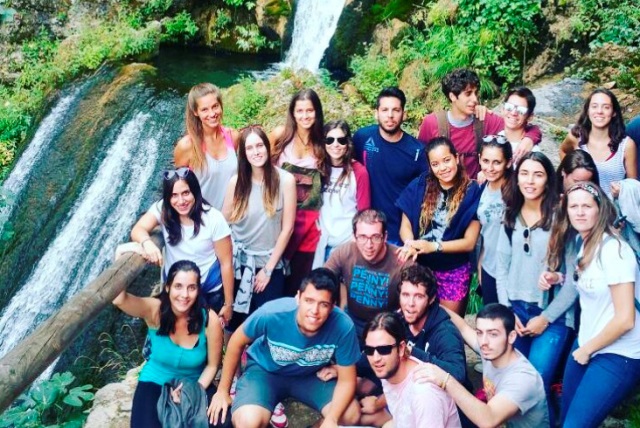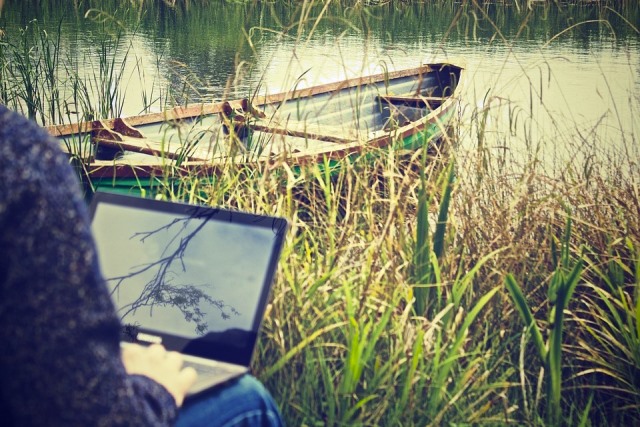Implementing a methodology to promote active and transversal environmental education by using ICT tools (Information and Communication Technologies). This is the main objective of the Project titled “Design, application and evaluation of active learning methodologies, using ICT in the field of environmental engineering”,which brings together professors from the Degree in Environmental Sciences at Campus Gandia, professors from other degrees at the Universitat Politècnica de València (UPV), and researchers from the IIAMA belonging to the Department of Hydraulic Engineering and Environment at the Universitat Politècnica de València.
The study, which is one year old, was born from the need to jointly integrate the different specific competences taught in the different undergraduate and graduate Environmental Engineering degrees imparted at the UPV. “The students receive an excellent education that enables them to address problems that arise in the various subject areas (water, air and soil, quality waste management, transport of pollutants, environmental impacts, etc.), however there is a certain deficit with regard to joint integration from a holistic point of view,” affirm the members of the team.

For this reason, the project uses active learning methodologies to promote critical and transversal analytical capacity in students to manage environmental problems. “It has been demonstrated that these types of methodologies, where the responsibility for learning depends directly on the activity, involvement and commitment of the student, are more formative than merely informative and traditional ones,” says Project Manager, Carmen Hernández.
CREATION OF THE “AMBIENTAL ACTIVAS-ARA'” FACEBOOK PAGE
The project Facebook page is used for the exchange of information and knowledge and where users (students and teachers) can find a place to start debates, discuss critical issues, bounce off ideas, etc.. In “Ambiental Activas – ArA“, students publish their own pieces on topics as diverse as reviews of news items dealing with environmental issues, new changes in legislation, interviews with professionals from the sector, or infographics. These contents are supervised by professors, who guarantee that the information is correct and contrasted, comply with the criteria of ethical, environmental and professional responsibility.
“In addition to learning the different subjects, the future environmental professional must learn how to communicate their knowledge to different audiences and sectors of society in a clear, simple and precise way. Therefore the project integrates two key aspects in environmental education; awareness and dissemination,” say the professors participating in the project
INITIAL RESULTS AND THE FUTURE OF THE PROJECT
The initial results are very positive, as the students have expressed their satisfaction with this initiative that allows different points of view be interlinked in order to tackle environmental issues, according to Inmaculada Romero and María Pachés, professors participating in the study.

“Up to 90% of students have acknowledged that the Facebook page promotes the integration of different areas of knowledge and also motives them to commit to the activity.” For this reason, the IIAMA researchers have stated that they would like the project to be articulated as a reference platform for successive courses, “where students actively participate and promote the cross-cutting competences of critical analysis and knowledge of contemporary issues,” conclude the participants.
Finally, the project’s teaching team is composed of Carmen Hernández, María Pachés, Inmaculada Romero, Javier Paredes, Ramón Barat, Joaquín Serralta, Jesús Mengual and Juan Andrés González; and receives funding from the Institute of Education Sciences, the Higher Technical School of Civil Engineering and Campus Gandia of the Universitat Politècnica de València.
Communication and Marketing, IIAMA UPV

